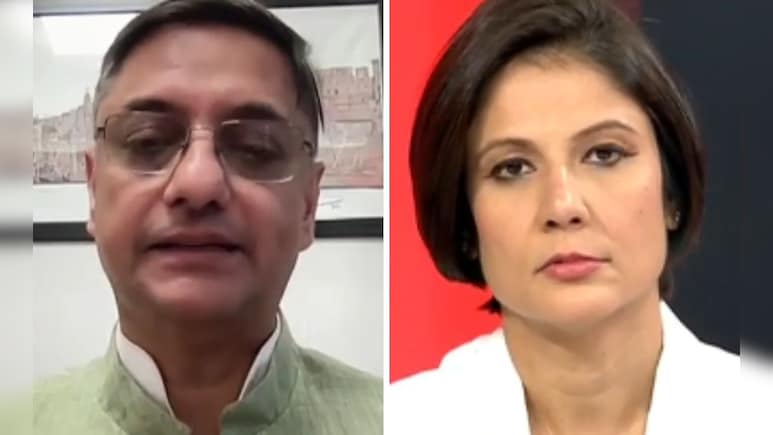
The task of winding up multiple myriad taxes that used to operate before 2014 and shifting to a cleaner, more efficient system was such that testing out the new system, categorizing the goods and putting them in an appropriate tax bracket and ironing out the niggles was not possible, Sanjeev Sanyal, member of Prime Minister Narendra Modi's Economic Advisory Council, indicated today.
Asked the most-repeated question following the rationalisation of the Goods and Services Tax -- why now, eight years after implementation -- Mr Sanyal said there was "no attempt at that time to try and go back to first principles and try and understand which tax should apply to which item".
This, he said, was because there were literally lakhs of items.
Had they tried to freshly categorise at the time, "in addition to having a completely new system, you would also have very different tax rates for different things". So it was decided that for the period of transition, one would take "the pre-existing pre-GST tax rates and slot them into whatever was the nearest bucket... so the amount of disruption would be the least," he added.
"Over a period of time, it was understood that, look, we needed to, one, have fewer rates and slabs, and the second, that you need to go back to first principles and correlate them to where you want those items to be," he said.
Asked specifically why the streamlining was coming now and not earlier, he said initially they were busy "stabilizing the system". Then came Covid and recovering from that chaos took time.
"We are continuously making changes, understanding the new things we are finding out about GST that we didn't know. So, there are many things that we are doing along the way. Then at some point, you have to come to a stage where you say, let's take that next leap. It cannot be done by the central government. It has to be done by the GST Council," he said.
The Congress had said the move was eight years too late and its former finance minister P Chidambaram had listed multiple possible causes that included slowing economic growth and US tarifs.
Calling it a "somewhat absurd piece of political rhetoric" Mr Sanyal said, "They didn't even attempt to create GST, forget about a simplification. So here is a government that has actually done it, stabilised it, taken it through, you know, shocks like COVID, and then has actually implemented the simplification. And now you are accusing them of why didn't you do it faster? Well, why didn't the previous lot do it faster?"
On Wednesday, the GST Council dropped two of the four existing tax slabs and opted for just two -- 5 per cent and 18 per cent. There is also sin tax of 40 per cent which would be applicable to tobacco and super luxury goods including cars and bikes.
The move was meant to boost domestic spending by putting more money in the pocket of the common man - it was announced by Prime Minister Narendra Modi from the ramparts of the Red Fort on Independence Day.
Track Latest News Live on NDTV.com and get news updates from India and around the world

